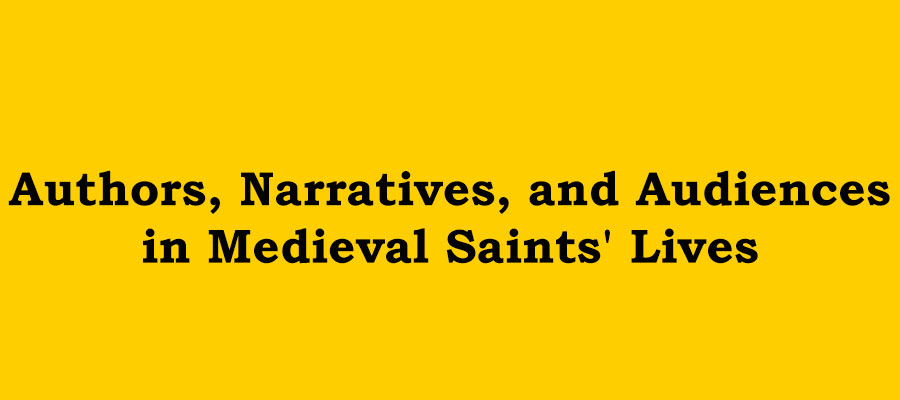Contributions are sought for a special collection of articles to be published in the Open Library of Humanities (OLH).
The composition of saints' lives in medieval literature was more than an act of devotion. Alongside allowing their authors to explore and express their faith, the writing of saints' lives provided opportunities to explore subjects such as the foundation myth s of religious communities, travel and exploration, and gender and sexuality. Saints' lives were also an ideal medium for reaching a wide variety of audiences. Not only were these texts suitable for consumption in a range of situations ranging from public performance to private contemplative reading, but they also facilitated communication between religious and lay communities which would not have been possible through other means.
This special collection of journal articles aims to bring the spotlight onto saints' lives as an exciting and innovative narrative medium and a means of communication in the Middle Ages. Topics for submission may include, but are not limited to:
- The self-fashioning of the religious communities that produced saints' lives
- The relationship between audience and narrator constructed in the texts
- Discussion of potential patrons and audiences Articles discussing saints' lives composed in all periods of the Middle Ages and in all medieval literary languages are welcome.
Research articles should be approximately 8000 words in length, including references and a short bibliography.
The special collection, edited by Katharine Handel, is to be published in the Open Library of Humanities (OLH) (ISSN 2056-6700). The OLH is an Andrew W. Mellon Foundation funded open-access journal with a strong emphasis on quality peer review and a prestigious academic steering board. Unlike some open-access publications, the OLH has no author-facing charges and is instead financially supported by an international consortium of libraries.
